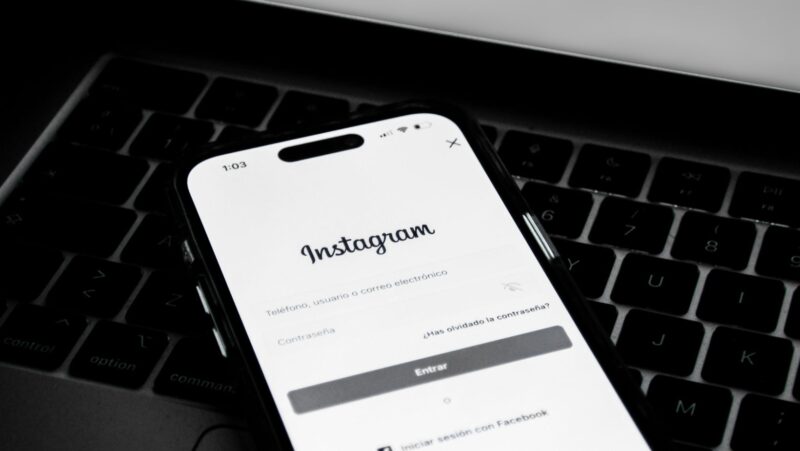
Overspending can derail your financial planning and cause undue financial stress. You can take charge of your finances and start saving for the future by following these practical budgeting tips. Let’s look at some practical ways to budget budgeting, reduce your spending, and develop a healthy relationship with money.
1. Establish a Realistic Budget
The first step in managing your money is developing a realistic budget corresponding to your income and expenditures. Track your monthly costs using a mobile banking app or budgeting tool, and set aside a certain amount for necessities, savings, and discretionary spending.
- Budgeting Advice: Start small and make adjustments as required.
- Include categories such as grocery shopping, utility bills, and transportation.
2. Track Your Expenses
Consistent spending tracking can help you understand where your money is going. Knowing every dollar spent on a cappuccino or a subscription can help you identify areas where you can reduce less.
- Apps can automatically classify purchases.
- Review your bank account and credit card statements regularly.
|
Tracking Tools |
Benefits |
|
Mobile Banking Apps |
Easy monitoring of spending |
|
Spreadsheets |
Customized tracking |
|
Expense Tracking Apps |
Real-time updates |
3. Establish Spending Limits
Spending limits minimize overspending in specified categories. For example, set a monthly limit on eating out or entertainment. Follow these guidelines to avoid overspending.
- To make spending tracking easier, round up monthly expenses to the closest dollar.
- Consider buying exclusively with cash in categories where impulsive purchases are common.
4. Automate Savings
Saving automatically is one of the simplest methods of saving money. Set up auto-pay to regularly deposit a portion of your income into a savings account or emergency fund.
- Start with a small quantity, and the interest rate will gradually increase.
- Build a reserve to cover expenses, expenditures, and unforeseen bills.
5. Limit Impulse Purchases
Impulse purchases frequently result in excessive expenditure. To avoid:

- Before making any non-essential purchases, wait for 24 hours.
- Unsubscribe from marketing emails and delete payment information from purchasing sites.
- To get the greatest discounts, compare prices.
6. Prioritize Financial Goals
Having specific financial objectives helps you stay motivated. Align your spending habits with your goals, whether for a dream vacation, a new automobile, or a retirement plan.
- Make a list of your short- and long-term savings goals.
- To keep on track, regularly check your progress.
7. Cut Debt
High-interest debt can put a burden on your financial situation. Concentrate on paying off credit card debt and loans:
- Make more than the minimum payment to lower the principal quickly.
- Use excess money from tax refunds, such as tax returns, to pay off debt.
8. Cut Back on Everyday Costs
Minor modifications in everyday spending can result in considerable savings. Here are a few options.
- Instead of buying lunch every day, bring your meal to work.
- Cancel any unused memberships, such as a gym membership.
- Instead of spending money, choose free activities.
9. Utilize Technology
Use technology to enhance budget management and save time. To minimize late fees and penalties, apps and internet platforms can help you manage payments and get reminders.
- Try programs that round up purchases to save money.
- Maintain a decent credit score by monitoring your credit report for accuracy.
10. Remain Disciplined and Track Progress
In terms of expenditure, discipline is essential. Stick to your budget, track your success regularly, and make modifications when your financial circumstances change.
- Celebrate achievements, such as meeting a financial goal.
- Regularly review your budget to verify that it aligns with your income and spending.
11. Utilize Cashback and Rewards Programs
Use your credit card’s cashback and points programs to economize on daily purchases. These perks might help you save money without changing your spending habits.
- Concentrate on cards corresponding to your expenditure categories, such as grocery or vacation.
- Avoid overpaying only to obtain rewards.
12. Plan Big Purchases Wisely
Plan ahead of time and save for a major purchase. This assures you do not incur excessive debt or interest costs.

- Conduct extensive research to obtain the greatest deal.
- Consider alternatives, such as second-hand things, as ways to save money.
13. Educate Yourself on Financial Literacy
Learn more about personal money so that you can make smarter decisions. Attend courses, read books, or subscribe to reputable financial blogs.
- Understand necessary measures like net income and cash flow.
- Consult with financial specialists as required.
Quick Tips to Curb Overspending
|
Strategy |
Example |
|
Plan Weekly Meals |
Save on grocery shopping |
|
Avoid Impulse Buys |
Wait before making purchases |
|
Use Public Resources |
Borrow books from the local library |
|
Switch to Cash |
Helps control spending habits |
Advantages of Limiting Overspending
Controlling expenditure provides long-term advantages, including:
Financial Security – Create a solid financial foundation.
Reduced Financial Stress – Spend less time worrying about payments and debt.
More Money – Free up finances for investing or fulfilling objectives.
Interest Income – Increase your wealth by earning interest from saving in high-yield accounts.
Final Thoughts
Stopping overspending involves effort, but the benefits are worthwhile. By applying these stop-overspending strategies, you may regain control of your finances, attain financial wellness, and move toward your ultimate goal of financial independence. Begin these stop-overspending tips today, stick to your plan, and enjoy the freedom that comes with smarter financial decisions.



